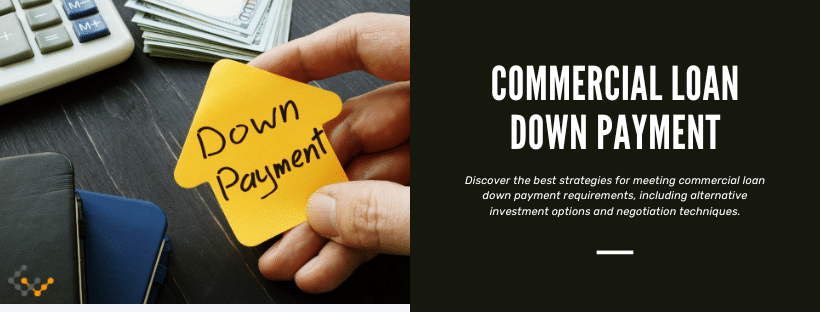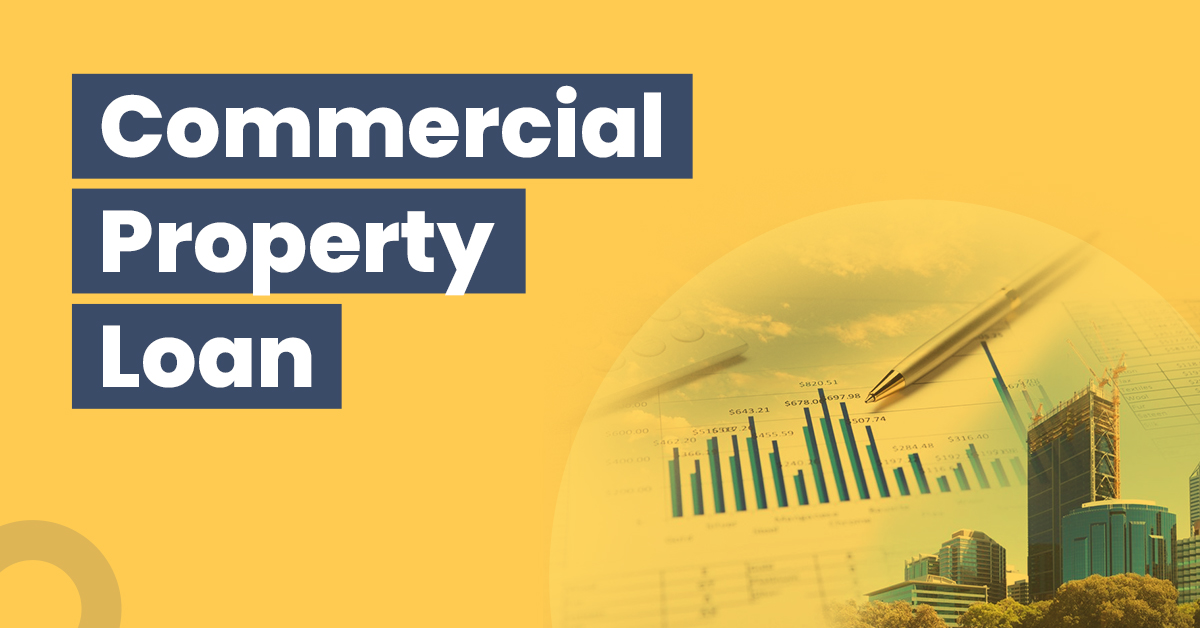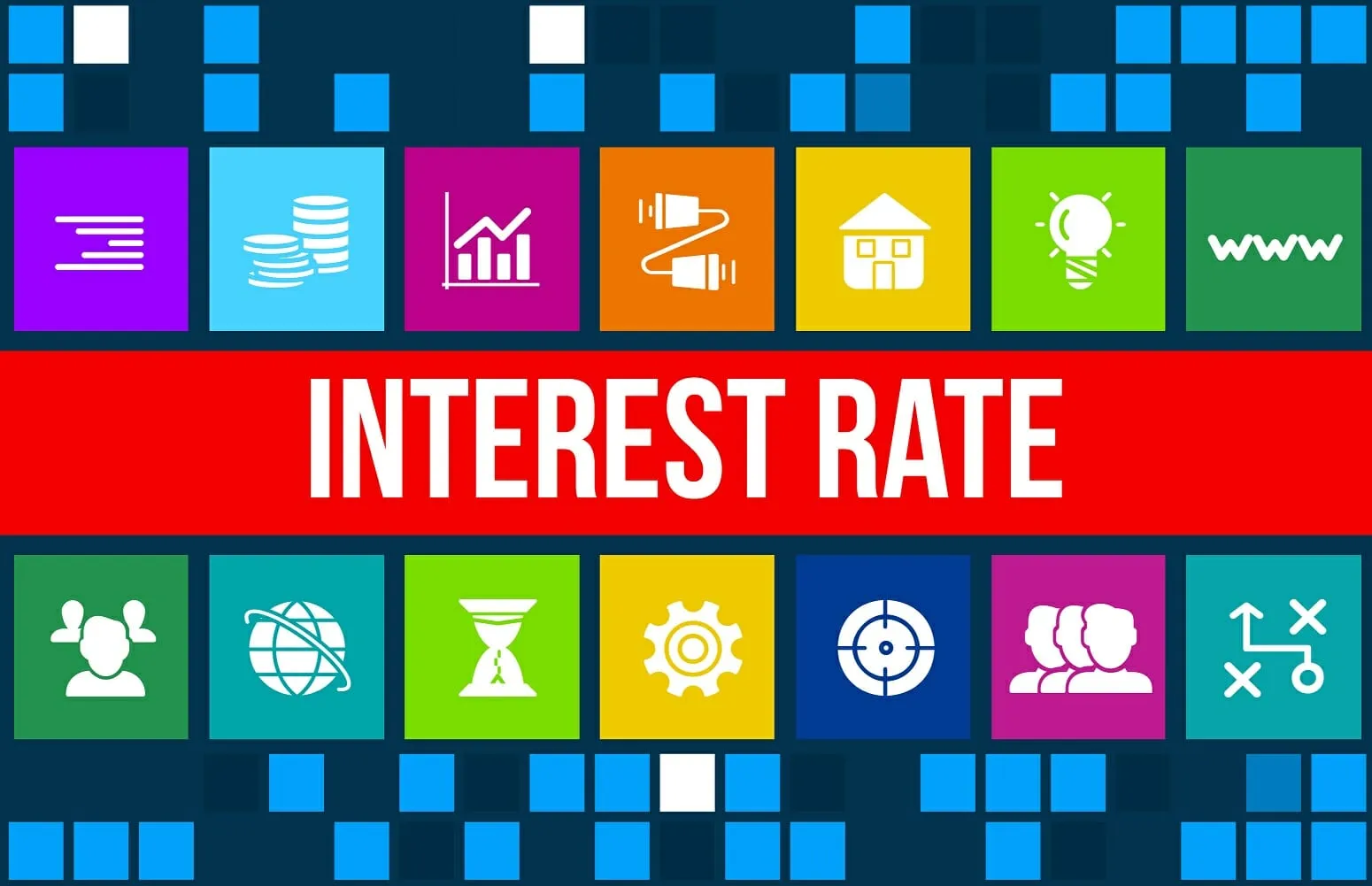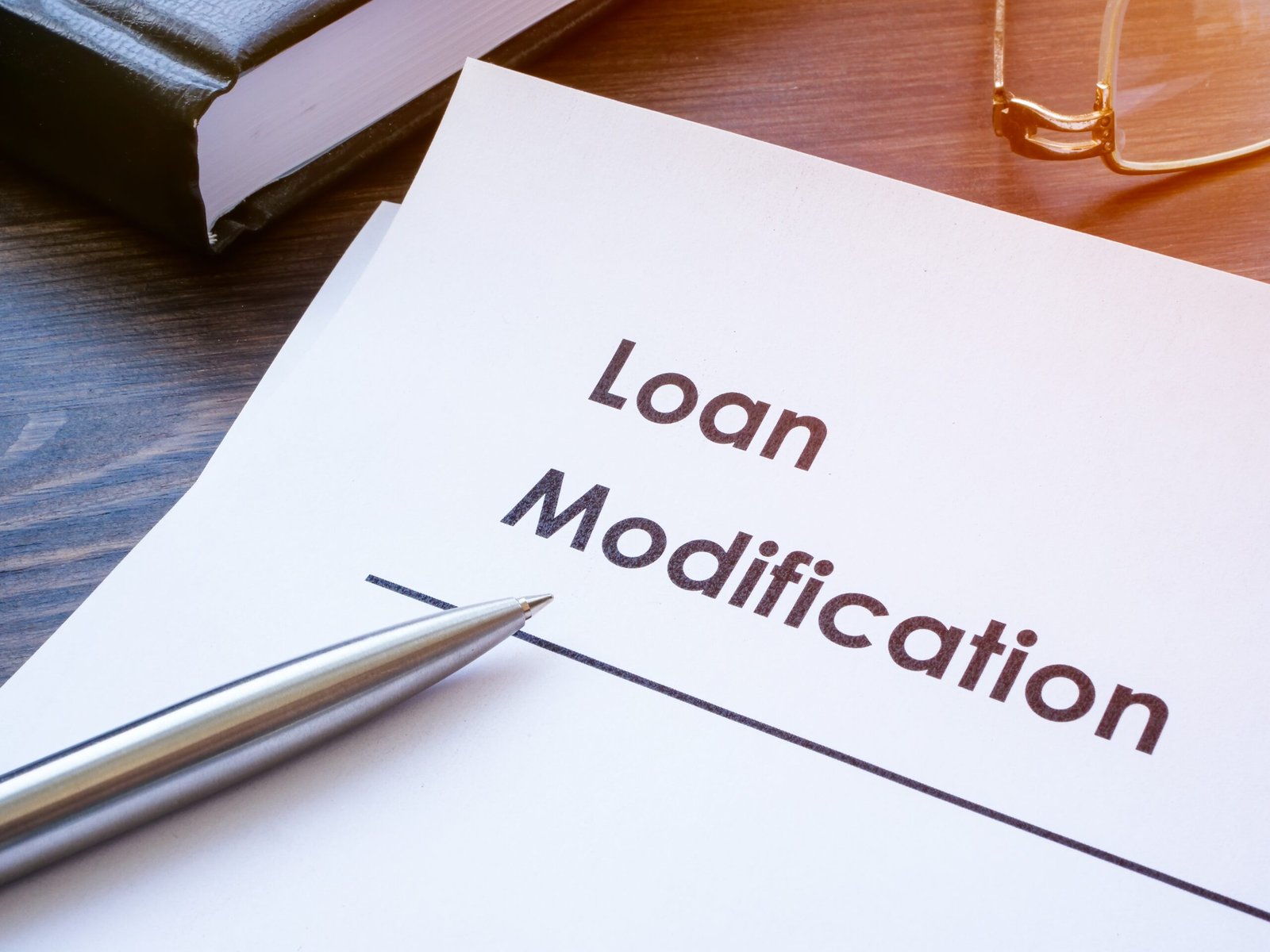Down Payment for Commercial Property
Commercial real estate loans or loans for commercial property are used for purposes other than what most people think—investing in commercial real estate. Commercial properties are structures or plots of land that can be used as a business intended to generate revenue or financial gains. They are common investments for many people, and small business owners who want to buy their property rather than rent it from someone else frequently need them.

Many people use commercial property loans to finance their desire to purchase commercial properties. Banks frequently need a sizable down payment for commercial property loans, which makes them more difficult to apply for than a mortgage for a home.
However, a commercial property loan may be attainable with the right information for those interested.
What is a Commercial Property Loan?
A loan for buying businesses, such as office buildings, industrial regions, hotels, retail firms, stores, and more, is known as an office building loan. The property cannot be classified as residential, such as a single-family home or apartment; it must be used for business purposes.

Loans for office space can take various forms. However, most have terms of five to twenty years and need at least 51% of the business’s staff to be present on the property. They have a far shorter amortization time than residential mortgages, which normally last 20 years.
Common types of commercial property loans
Commercial property loans are financial products designed to help businesses and investors purchase, refinance, or develop commercial properties. These loans come in various types, each tailored to different needs and situations. Here are some common types of commercial property loans:
Traditional Commercial Mortgages: These are similar to residential mortgages but used for commercial properties. The borrower receives a lump sum loan and repays it over a fixed term, typically 15 to 30 years. Frequently, the loan’s collateral is the actual property.
SBA Loans: To help startups, the U.S. Small Business Administration (SBA) offers financing packages.
The most common SBA loan program for commercial real estate is the 7(a) loan program, which provides financing for various business purposes, including property acquisition.
Commercial Bridge Loans: Bridge loans are quick loans to “bridge the gap” between short-term finance needs and longer-term capital choices. They’re often used for property acquisition, renovation, or to cover temporary cash flow shortages.
Construction loans: These loans are used to build new commercial premises or renovate existing ones. The money usually goes out slowly as the project moves along, and once the building is done, the loan can change to a permanent mortgage.
Commercial Real Estate Lines of Credit: These provide businesses with access to a fixed credit limit, similar to personal lines of credit, which they can utilize for property buys, renovations, or similar needs.

CMBS Loans (Commercial Mortgage-Backed Securities): These loans involve bundling multiple commercial property loans and selling them as securities to investors. They’re often used for larger commercial properties and offer fixed-rate terms.
Hard Money Loans are short-term, high-interest loans typically used when traditional financing options are unavailable or impractical. They’re often used for time-sensitive deals or properties needing significant renovation.
Mezzanine Loans: Mezzanine financing is a form of secondary financing where the lender provides a loan secured by a second mortgage on the property. It’s often used to fill the gap between the primary mortgage and the borrower’s equity.
HUD Loans: The U.S. The Department of Housing and Urban Development (HUD) offers various loan programs, including those for affordable housing, healthcare facilities, and multifamily properties.
Owner-Occupied Commercial Loans: These loans are available to companies that plan to run on the site. Since the firm’s efficacy may affect the ability to repay the loan, they frequently provide lower rate and interest rates.
Small Balance Commercial Loans: These are loans designed for smaller commercial properties, typically ranging from $250,000 to $5 million. They’re suitable for small business owners and investors.
Equipment Financing: While not strictly a property loan, equipment financing can finance equipment and machinery needed for commercial operations, indirectly supporting the property’s functionality.
These are just some of the common types of commercial property loans available in the market. The right type of loan for a specific situation depends on factors such as the property type, the borrower’s financial profile, the purpose of the loan, and market conditions. It’s important to thoroughly research and consult with financial professionals before committing to any commercial property loan.
What Are the Requirements of a Commercial Property Loan?
Depending on the type of loan, various guidelines will apply.
For instance, to qualify for an SBA 504 loan, your company must be for-profit and have a net worth of at least $15 million. To make sure you are eligible for the type of loan you are applying for, it is crucial to understand the requirements.

When reviewing your application for a commercial property loan, lenders will consider several general loan terms in addition to the fundamental requirements.
Business Finances: Make sure you have enough cash flow to repay the loan and that your company’s finances are in good shape. When granting your loan, banks will also consider any debts the company may have and consider them.
Business credit score : Businesses have their credit, just like people do. Check your score before applying for a commercial property loan because many have minimal requirements. For instance, the SBA 7(a) mandates a 155-point minimum business credit score.
Personal Finances and Credit Score : You should double-check your finances even if your firm is running smoothly and you have enough cash flow. Any tax liens, foreclosures, or defaults you may have had in the past could reflect adversely and hurt your ability to get the loan.
The Property -Office space term loans use the property as assets to secure the loan, much like mortgages do.
The attributes of the property will be important to lenders. Additionally, they will demand that you occupy at least 51% of the building.
How Much of a Down Payment is Needed on a Commercial Property Loan?
A commercial loan typically requires a down payment of 10% to 30% of the property’s equity. The down payment is typically in the range of 25%. The sort of loan you are accepted for and the building you wish to buy will determine how much down payment you need for commercial property financing.
The required down payment for term loans will be greater, typically in the 25% to 30% range. Larger structures like commercial or industrial properties frequently have significant down payments. For instance, if you want to use a conventional term loan to put down a down payment on a $550,000 commercial property, you will need at least $137,000 in cash.
A hefty down payment for commercial real estate financing is optional if you use an SBA loan. You could need 10% down for an SBA loan.
Down payments on SBA loans for commercial property

Due to the lower down payment requirement, many small firms just starting or looking to expand their operations opt to employ an SBA 504 loan. By doing this, they can put aside the money that would have been used for the down payment for something else, like better equipment.
Not all companies, nevertheless, are eligible for SBA loans. In that situation, it’s crucial to comprehend the loan’s terms and the caliber of the house you wish to purchase. Commercial property acquisition is a significant investment that requires careful consideration.
Commercial Loan LTV
Commercial property loans have a greater loan-to-value or LTV cost, ranging from 60% to 85%, than typical loans. When financing a commercial property, the loan-to-value ratio calculates the proportion of your mortgage to the property’s worth and aids in assessing the risk. The LTV decreases as the down payment increases. A lower LTV rate is preferable because you can typically find better financing rates.
Calculating the Down Payment for Commercial Real Estate
It’s crucial to learn how much of an overall loan you’ll need and the expected property worth before deciding how much down payment you need for a business property. As soon as you have these figures, you can start estimating your down payment and looking into the financing you’ll need to buy the property.
Your company must make a significant investment in commercial buildings. Therefore, selecting the correct lender and loan can take some time. Speak with one of SouthEast Bank’s approachable lenders if you want to purchase a commercial property so they can review your alternatives.










Post Comment